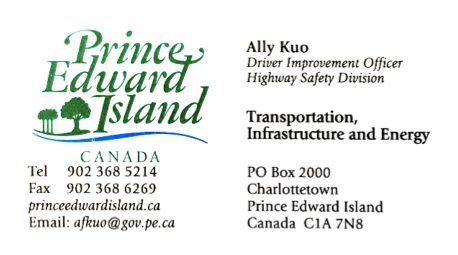Unlocking Financial Freedom: A Comprehensive Guide to the 7(a) Loan Program
#### Introduction to the 7(a) Loan ProgramThe **7(a) loan program** is one of the most popular financing options offered by the U.S. Small Business Administ……
#### Introduction to the 7(a) Loan Program
The **7(a) loan program** is one of the most popular financing options offered by the U.S. Small Business Administration (SBA). Designed to assist small businesses in obtaining the capital they need, this program provides a variety of loan amounts and terms that can cater to different business needs. By understanding the ins and outs of the **7(a) loan program**, entrepreneurs can make informed decisions that will set their businesses on the path to success.
#### What is the 7(a) Loan Program?
The **7(a) loan program** is a government-backed loan initiative that aims to help small businesses access funds for various purposes, including equipment purchases, working capital, and real estate acquisitions. The program is particularly beneficial for those who may not qualify for traditional bank loans due to a lack of collateral or a shorter credit history.
#### Eligibility Criteria for the 7(a) Loan Program

To qualify for a **7(a) loan program** loan, businesses must meet certain criteria. Generally, applicants must be operating for profit and meet the SBA's size standards, which typically define small businesses based on their number of employees or annual revenue. Additionally, the business must demonstrate a need for the loan and have a reasonable chance of repaying it.
#### Loan Amounts and Terms
The **7(a) loan program** offers flexible loan amounts ranging from $5,000 to $5 million. The terms of repayment can vary, with options extending up to 25 years for real estate loans and 10 years for equipment or working capital loans. This flexibility allows businesses to tailor their financing to their specific cash flow needs.
#### Interest Rates and Fees

Interest rates for the **7(a) loan program** are generally competitive, often ranging from a few percentage points above the prime rate. The SBA also charges a guarantee fee, which can vary based on the loan amount and term. Understanding these costs is crucial for businesses to accurately assess the total expense of borrowing.
#### How to Apply for a 7(a) Loan
Applying for a **7(a) loan program** involves several steps. First, businesses must gather necessary documentation, including financial statements, tax returns, and a detailed business plan. Next, they should approach an SBA-approved lender, who will guide them through the application process. It’s essential to present a solid case for the loan, demonstrating how the funds will be used and how the business plans to repay the loan.
#### Benefits of the 7(a) Loan Program

One of the primary advantages of the **7(a) loan program** is its flexibility. Unlike traditional loans, which may have stringent requirements, the SBA's program is designed to accommodate a wide range of business needs. Additionally, the government backing reduces the risk for lenders, making it easier for small businesses to secure funding.
#### Conclusion
The **7(a) loan program** is a vital resource for small business owners looking to grow and succeed. By understanding the program's features, eligibility criteria, and application process, entrepreneurs can take advantage of this opportunity to secure the financing they need. Whether it's for expanding operations, purchasing equipment, or managing cash flow, the **7(a) loan program** can be a game-changer for small businesses striving for financial stability and growth.